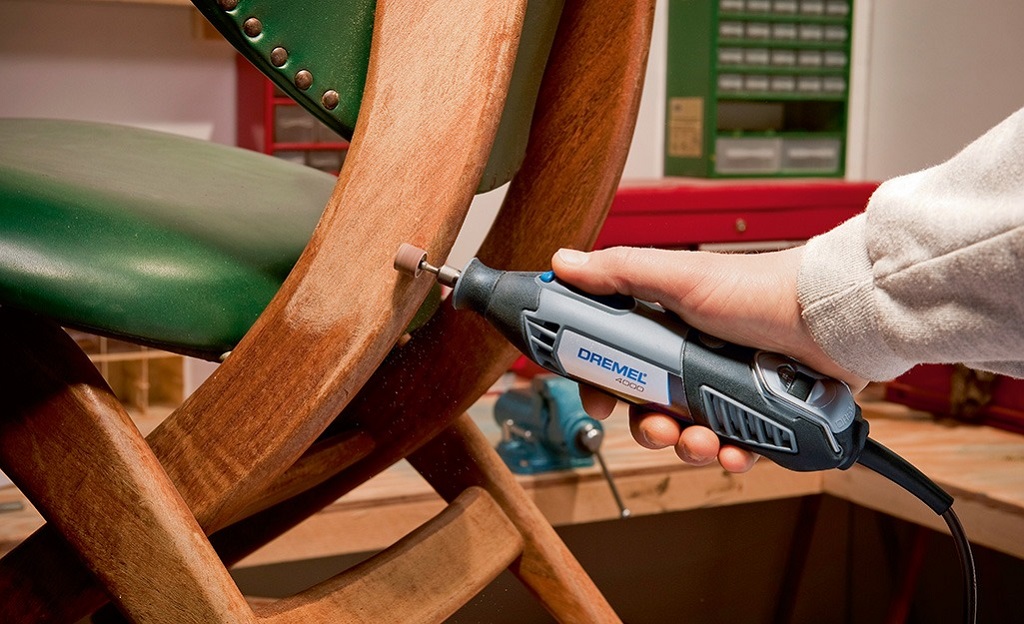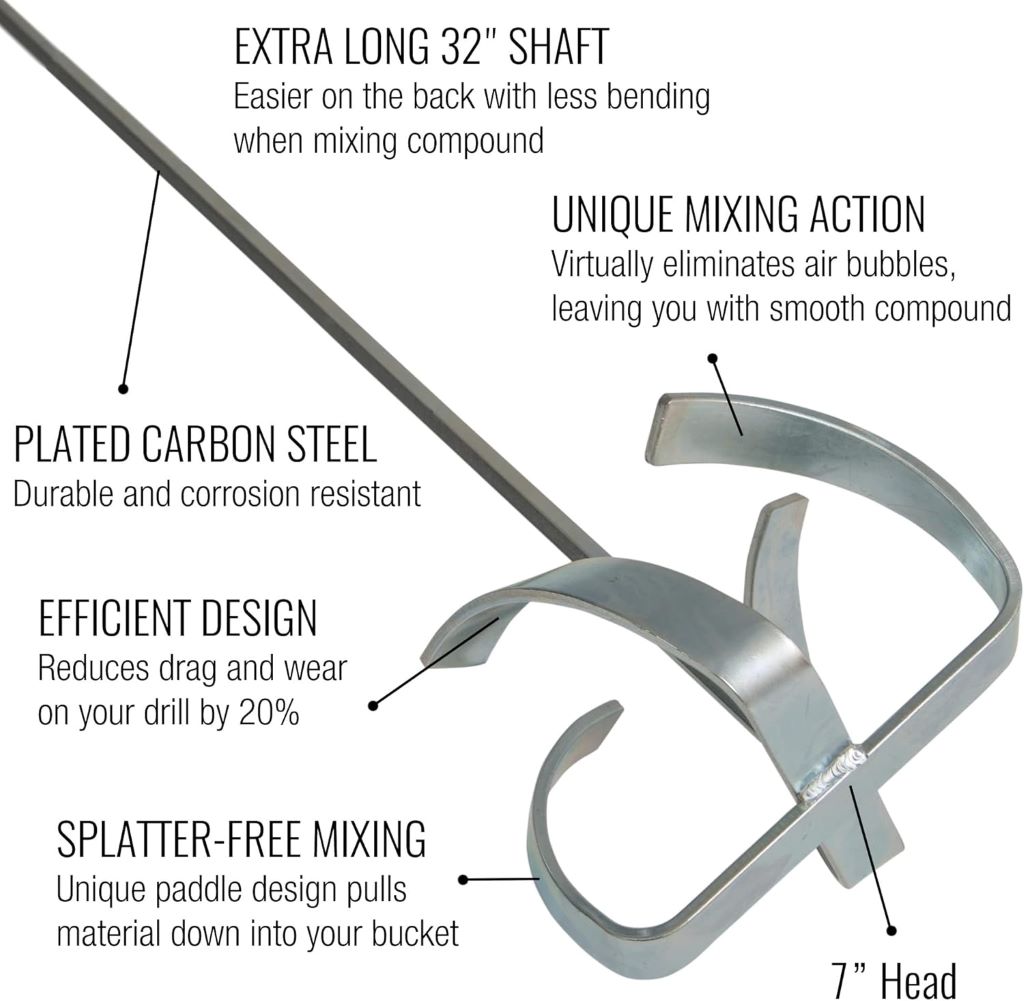Your home’s roof protects you from weather and adds value to your property. Choosing a skilled roofing specialist ensures quality work and long-lasting results. A poorly selected contractor can lead to costly repairs or premature roof failure. This guide helps you find a reliable professional for your roofing needs. We’ll cover key factors like experience, reputation, and credentials to make an informed decision. By following these steps, you’ll select a contractor who delivers excellent service and peace of mind. Let’s explore how to pick the right expert for your roof.
Understand Your Roofing Needs
Before hiring a contractor, identify your roofing project’s requirements. Do you need a full replacement, repairs, or maintenance? Each job demands specific skills. For instance, a leaky roof may only need patching, while an old roof might require a complete overhaul. Knowing your needs helps you communicate clearly with potential contractors.
Additionally, consider your roof’s material, such as asphalt shingles, metal, or tiles. Different materials require unique expertise. A clear understanding of your project scope ensures you hire someone with the right skills. This step saves time and prevents miscommunication during the hiring process.
Research Top Rated Roofing Specialists
Finding a top rated roofing specialist starts with thorough research. Begin by asking friends, family, or neighbors for recommendations. Personal referrals often lead to trustworthy contractors. You can also check online platforms like Yelp or Google Reviews for customer feedback. Look for consistent positive reviews and high ratings to narrow your options.
Next, verify the contractor’s experience. A company with years of service likely has the expertise to handle your project. Check their website for a portfolio of past work. This shows their capability and style. Avoid contractors with little online presence or poor reviews, as they may lack reliability.
Check Credentials and Certifications
Always confirm a contractor’s credentials before hiring. A legitimate roofer should have a valid license and insurance. Licensing ensures they meet local regulations, while insurance protects you from liability in case of accidents. Ask for proof of both and verify them with local authorities or insurance providers.
Moreover, look for certifications from reputable organizations, such as the National Roofing Contractors Association (NRCA). Certifications indicate specialized training and adherence to industry standards. Contractors with these credentials are more likely to deliver quality work. Checking these details prevents hiring unqualified or uninsured workers.
Evaluate Experience and Expertise
Experience matters when choosing a roofer. A contractor with a long track record has likely handled various roofing challenges. Ask how many years they’ve been in business and how many projects similar to yours they’ve completed. This ensures they can manage your specific needs effectively.
Furthermore, expertise in your roof’s material is crucial. For example, metal roofing requires different skills than slate or asphalt. Inquire about their familiarity with your roof type. A seasoned contractor will explain their approach clearly, giving you confidence in their ability to deliver.
Request and Compare Quotes
Once you’ve shortlisted contractors, request detailed quotes. A reliable roofer provides a clear breakdown of costs, including labor, materials, and timeline. Avoid vague estimates, as they may lead to unexpected expenses. Comparing quotes helps you understand market rates and spot red flags.
Additionally, don’t choose based solely on price. A low bid might indicate subpar materials or rushed work. Instead, focus on value—balance cost with quality and reputation. Ask questions about the quote to clarify any uncertainties. This step ensures you get quality service within your budget.
Ask About Warranties and Guarantees
A trustworthy contractor offers warranties on their work and materials. Warranties protect you from defects or issues after the project is complete. Ask about the warranty duration and what it covers. For instance, a workmanship warranty should last at least one year, while material warranties may extend longer.
Moreover, confirm if the warranty is transferable. This adds value if you sell your home later. Be wary of contractors who avoid offering guarantees, as this may signal low confidence in their work. Clear warranty terms provide peace of mind and ensure long-term protection.
Assess Communication and Professionalism
Good communication is key to a successful roofing project. Pay attention to how contractors respond to your inquiries. Are they prompt, clear, and respectful? A professional roofer listens to your concerns and explains the process in simple terms. Poor communication can lead to misunderstandings or delays.
Additionally, evaluate their professionalism. Do they arrive on time for meetings or provide detailed contracts? A contractor who values punctuality and transparency is more likely to deliver quality work. Choose someone who makes you feel confident and informed throughout the process.
Look for Red Flags
Be cautious of warning signs when selecting a contractor. Avoid roofers who demand full payment upfront or pressure you to sign contracts quickly. These tactics often indicate scams or unreliable service. Legitimate contractors allow time for decision-making and provide clear payment terms.
Furthermore, steer clear of those with no physical address or unverifiable references. Check for complaints with the Better Business Bureau or local consumer protection agencies. Identifying red flags early helps you avoid costly mistakes and ensures you hire a reputable professional.
Why Choosing the Right Roofer Matters
A well-chosen contractor delivers a durable, high-quality roof that enhances your home’s value. Poor workmanship can lead to leaks, structural damage, or frequent repairs. By prioritizing experience, credentials, and communication, you ensure a smooth project and long-lasting results.
Moreover, a reliable roofer saves you time and stress. They handle permits, inspections, and cleanup, leaving you with a worry-free experience. Investing time in selecting the right professional pays off with a roof that protects your home for years.
Final Tips for Hiring a Roofer
Here are key takeaways to guide your decision:
- Research thoroughly and check reviews for consistent quality.
- Verify licenses, insurance, and certifications to ensure legitimacy.
- Compare detailed quotes and prioritize value over the lowest price.
- Confirm warranties to protect your investment.
- Trust your instincts—if something feels off, move on to another contractor.
By following these steps, you’ll find a skilled professional for your roofing project. Take your time to make an informed choice.
Conclusion
Selecting the right roofing contractor is crucial for a successful project. By understanding your needs, researching thoroughly, and verifying credentials, you ensure quality work and peace of mind. Focus on experience, clear communication, and warranties to avoid common pitfalls. A reliable roofer not only protects your home but also saves you from future headaches. Use this guide to make a confident decision and enjoy a durable, well-crafted roof.




